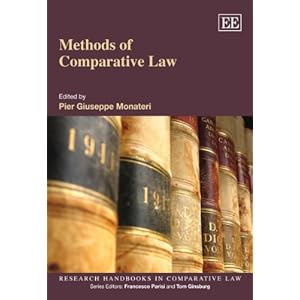Readers interested in our work on legal and normative hybridity, including our conference in Malta (2010) and subsequent collection on the subject, might be interested in the
The Mediterranean Institute at the University of Malta and the Institute of Mediterranean Studies of Busan University announce a conference on “Secularization, Mysticism and Religious Hybridities in the Mediterranean” to be held in Malta 7- 9 February 2013.

The aim of this International Conference is to bring leading international experts from diverse humanistic and social sciences to discuss both the historical and the contemporary aspects of religion in the Mediterranean. The theme of Secularization, Mysticism and Hybridities will be explored through the continuous interplay and/or influence that exists between Religion and Society in Mediterranean Cultures.
The conference organisers invite academics and other experts who would like to act as panel convenors to submit proposals for panels for consideration by the organizing committee. Panels should be composed of 3-5 contributors with each contribution not exceeding 30 minutes in length. Panel convenors should identify the topic and the contributors and will be responsible for the organization of the panels. Furthermore, the panel convenors will be invited to act as reviewers in the call for contributions from individual academics and researchers who would like to participate in this conference.






